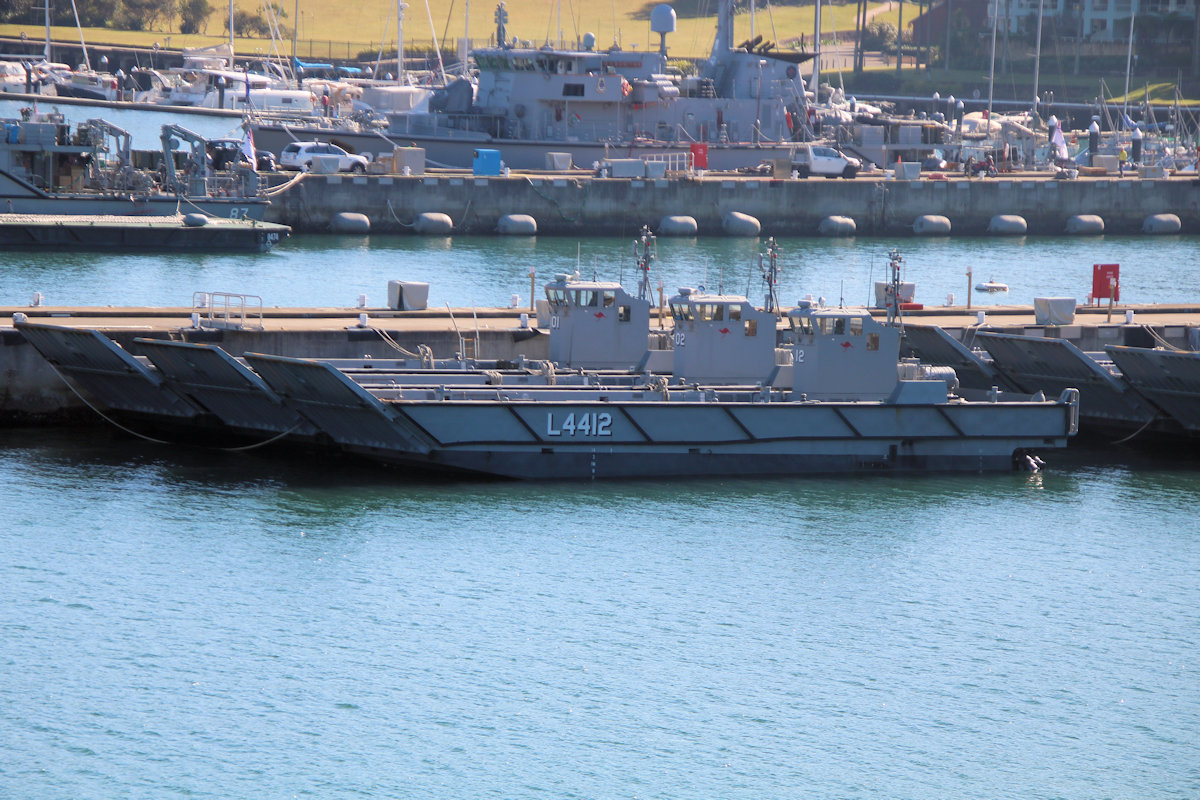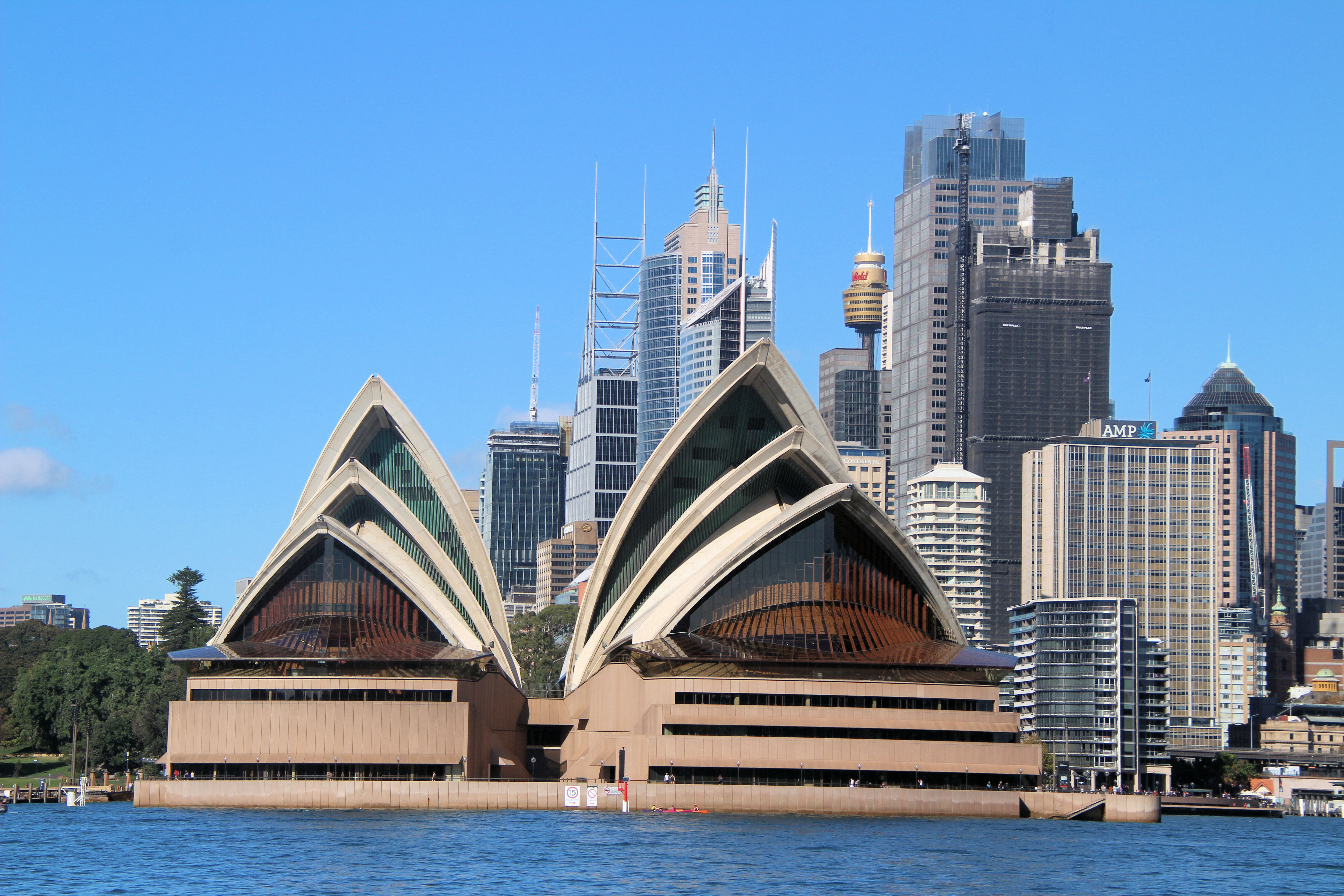Tag: Sydney
-
Royal Australian Navy LHD Landing Craft (LLC)

Royal Australian Navy LHD Landing Craft (LLC) Capable of being deployed from the Royal Australian Navy’s Adelaide-class LHDs, the LHS Landing craft (LLC) are equipped with radar navigation, GPS, gyro needle/magnetic and HF communications equipment, VHF and UHF. This enables them to operated over the horizon (greater than 37km) from the shore. The LLCs are… Read more
-
Manly to North Head Walk
Manly to North Head Walk The walk from Manly to North Head takes you past some beautiful beaches with views over the coast, through coastal scrub and passes old fortifications. Finally ending at the entrance to Sydney Harbour, it has spectacular views of the city. Getting There The easiest way to get to Manly is… Read more
-
Bradfield Park North Sydney

Bradfield Park North Sydney Located partially beneath the Sydney Harbour Bridge, Bradfield Park is a publicly accessible park in North Sydney which provides magnificent vistas of the harbor, Circular Quay, and the Sydney Opera House. The park, named in honor of John Bradfield, the renowned engineer responsible for the bridge’s design, encompasses a playground, picnic… Read more